Djokovic's withdrawal from Roma – the end of a water bottle farce
Before the Rome Masters draw was announced, Djokovic's abrupt retirement was a blow that sent the 92-year-old clay-court tournament into a whirlpool of public opinion. The tennis legend, who has been a full-time player throughout the year, chose to give up an important warm-up opportunity at a crucial moment with just two weeks left before the French Open. When the organizing committee announced that it had "not received a specific withdrawal statement", a clear answer had emerged from the dust of history - the security black hole that was accidentally opened last year may be eating away at the trust of top players in the tournament.
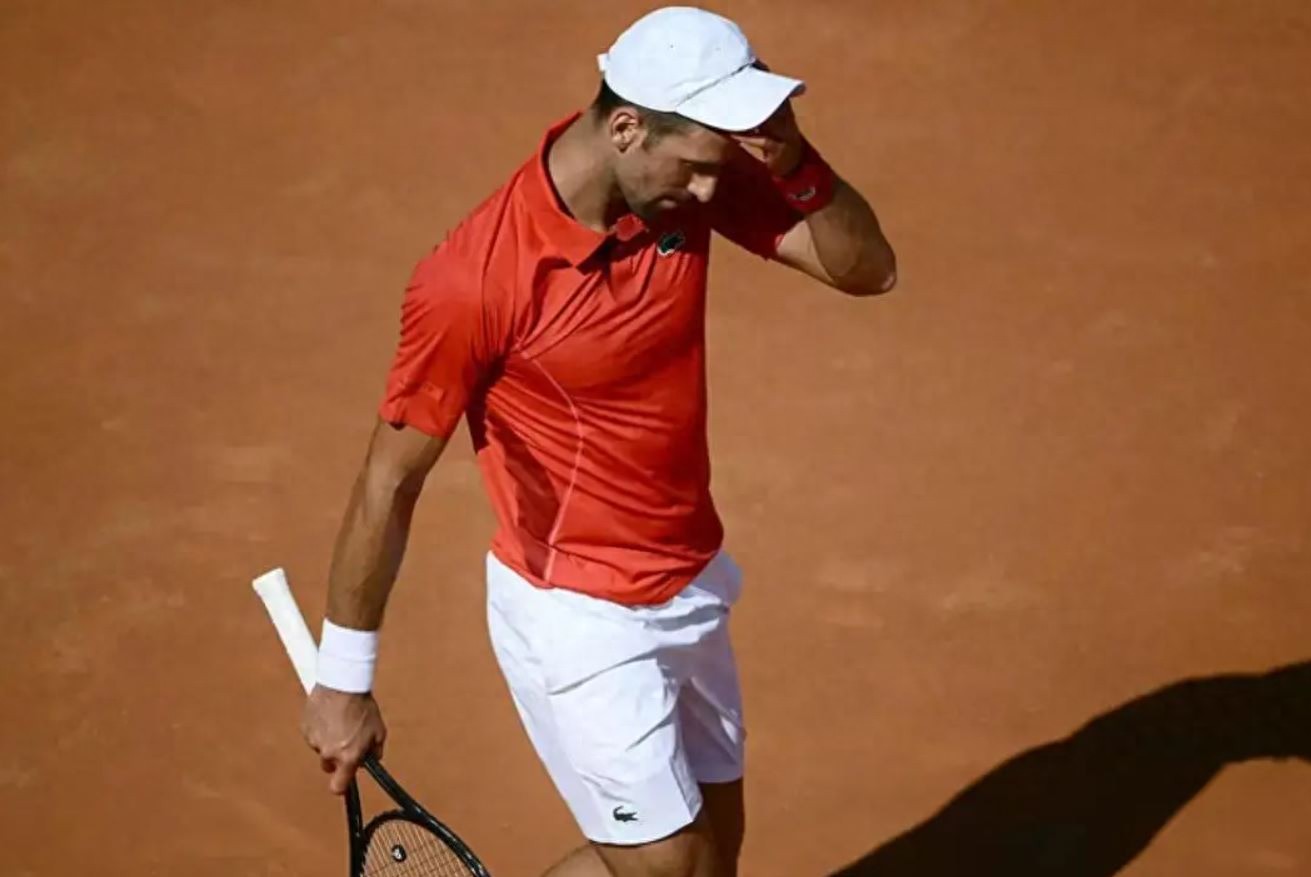
At the Centre Court in Rome in 2024, the moment Djokovic bent down to sign autographs for young fans, a plastic bottle filled with water fell from the three-story stand. Slow motion shows that the 15-centimeter-diameter rigid container is just 20 centimeters away from the Serbian king's temple. It took a full 15 seconds for the security personnel at the scene to react, and the fans who caused the incident were able to leave the stadium calmly in the chaos. This almost absurd security omission led the ATP security chief to receive a letter of inquiry from the Deyo team the next day.
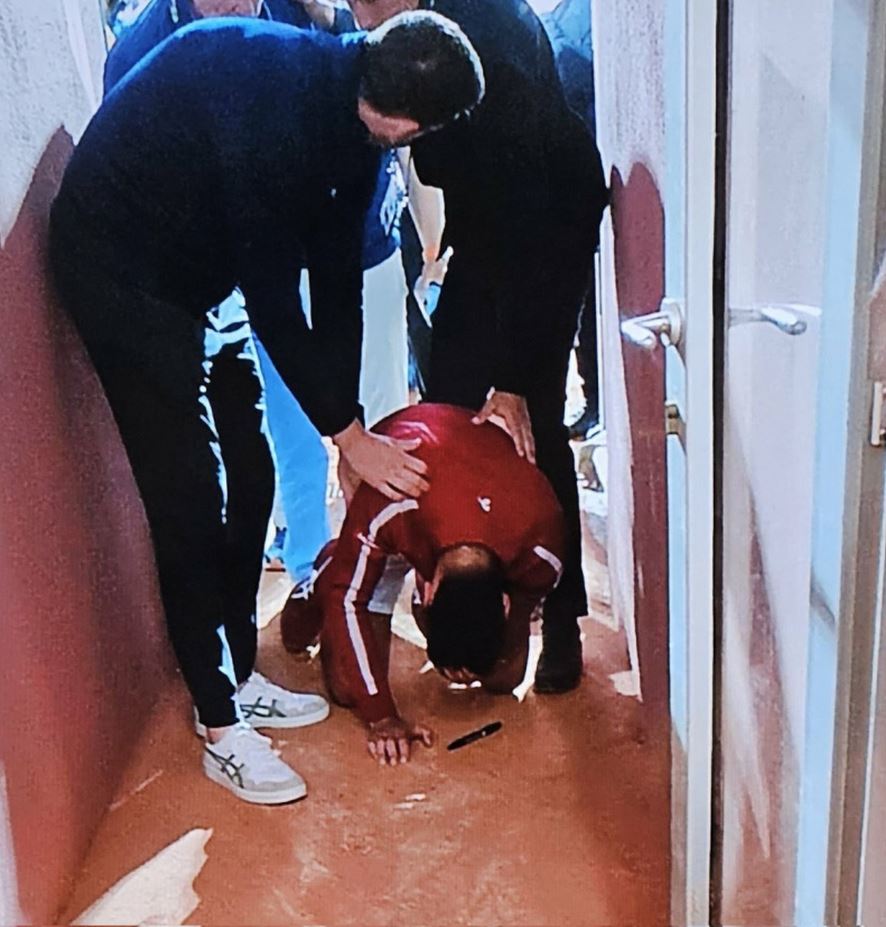
Tournament director Villar's justification that "it's Italian humor" at the press conference completely exposed the organisers' disregard for the safety of the players. According to the "Milan Sports Newspaper", the Deyo team had asked to upgrade the protective net of the players' tunnel and add anti-throwing detection equipment, but the organizing committee refused on the grounds of "destroying the classical beauty of the stadium". This arrogance of putting aesthetics above safety is particularly glaring in the context of the full deployment of AI monitoring systems in events such as Monte Carlo and Madrid.

When the alleged drug abuse of Sinner's team erupted in early 2024, the three-month-long "technical silence" of the ATP disciplinary committee accidentally tore open deeper institutional scars. Italian ATP executive chairman Cappelati was revealed to have a co-investment relationship with Sinner's agent, and the chief sponsor of Rome is the luxury brand endorsed by Sinner. In the shadow of this collusion of interests, Deyo's questioning of the fairness of the tournament has evolved beyond personal grievances to a question of the regulatory system of professional tennis.
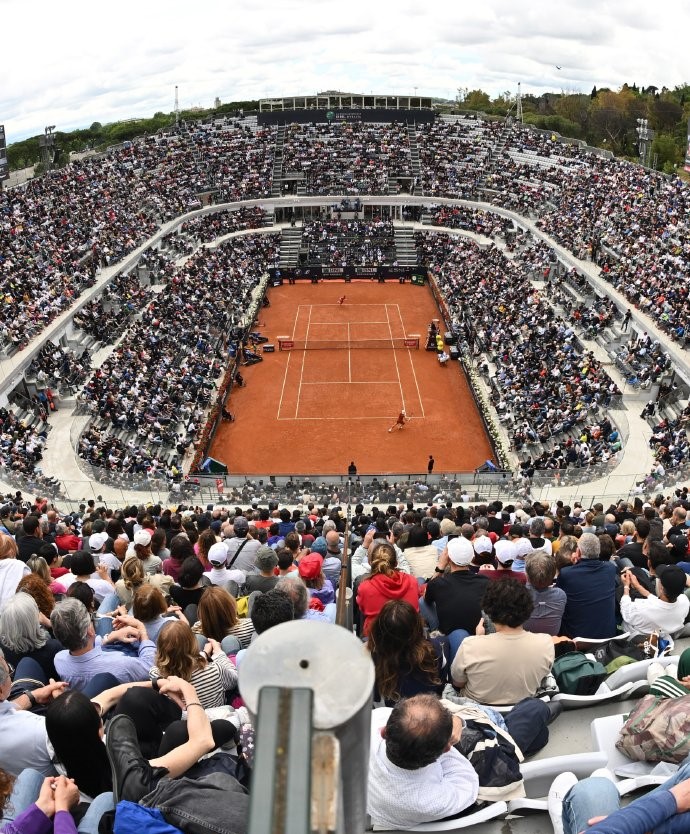
Statistics from the Italian Tennis Federation show that in the past five years, there has been a 47% surge in security complaints against players at Rome, but the penalty record is zero. This systemic indulgence culminated in 2023, when the organizing committee reserved the VIP status of the fans who caused the incident until the 2024 season, citing "their family's 0.3% stake in the event". When commercial interests become the regulating valve of safety standards, the top players' withdrawal votes become the last weapon of protest.
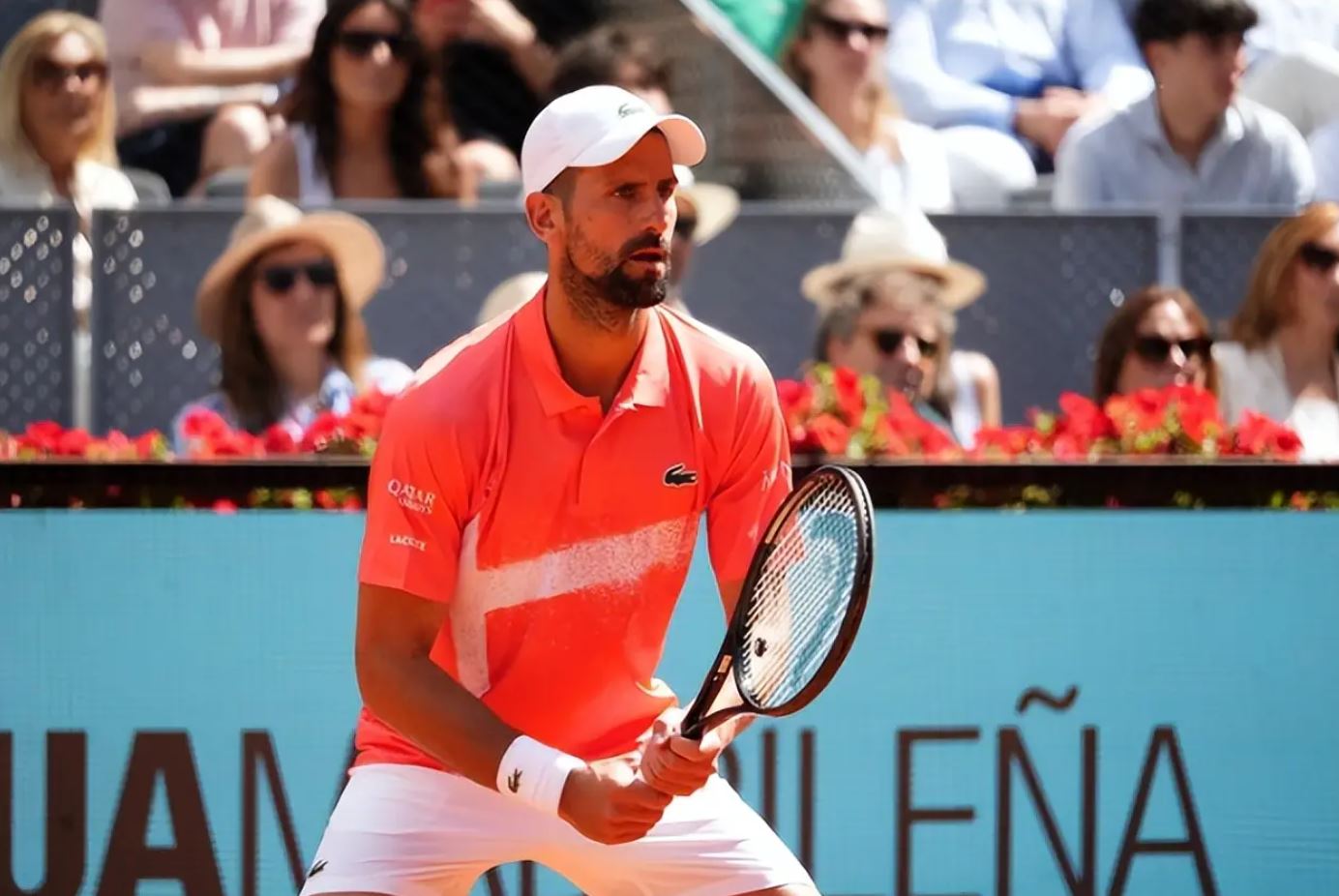
The tragedy of the 1993 Hamburg Open was the heaviest footnote to modern tennis. When Celes was stabbed in the back with a dagger by a mentally disturbed spectator, on-site security personnel were adjusting the seat cushions for the president of the German Tennis Association. After the attack that shocked the world, Hamburg not only lost the right to host the women's top tournament forever, but also led to the collective resignation of the presidium of the German Tennis Association. The WTA's subsequent "Celes Clause" stipulates that any event that has a serious security incident will automatically trigger the qualification review process.
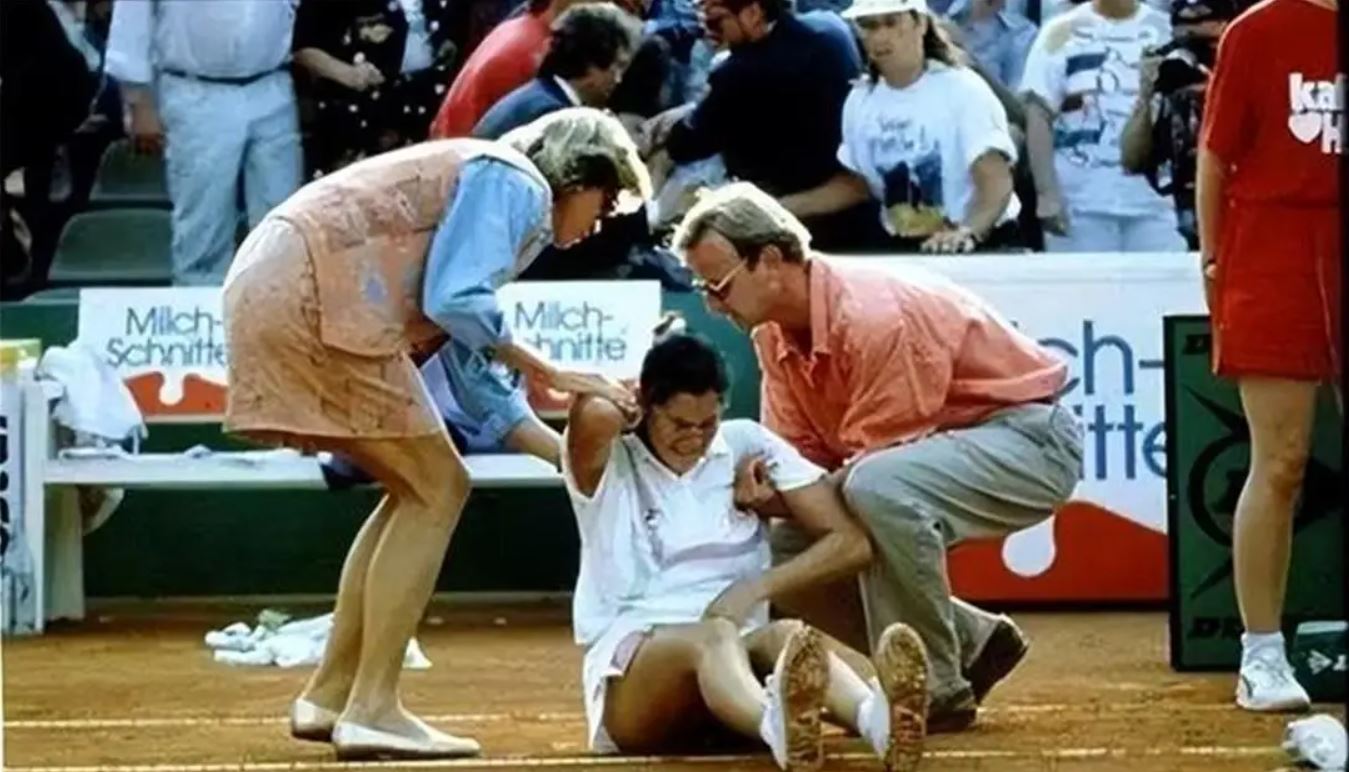
This institutional deterrence was surprisingly predictable in the case of Rome. In accordance with Article 17.3 of the ATP Confidentiality Clause, a player has the right to withdraw without liability due to a "reasonable concern for safety". Deyo's decision to retire comes just 30 days before the expiration of the Rome security certification, which may be setting the stage for subsequent rating adjustments. History has shown that even a century-old tournament can collapse overnight when a player's trust deficit in the game breaks through a tipping point.
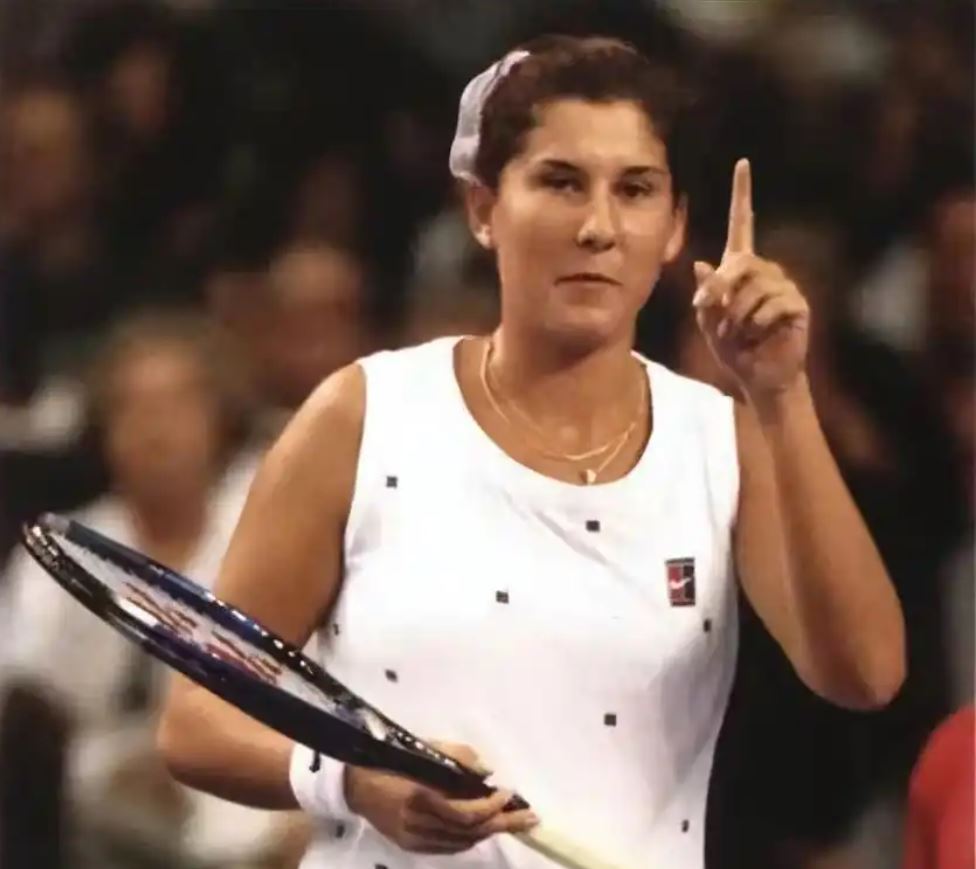
From the mottled stone walls of the Colosseum to the red clay of the Centre Court, history has always reminded us that even the most glorious civilization can collapse into a crack that has been overlooked. Djokovic's retirement announcement is like a sharp scalpel that cuts open the glossy surface of professional tennis – when players sign in, it's no longer the place to worry about the table but the overhead projectile, and when the organising committee's priorities shift from protecting athletes to protecting commercial interests, the sport's competitive purity is being lost at an accelerated pace.
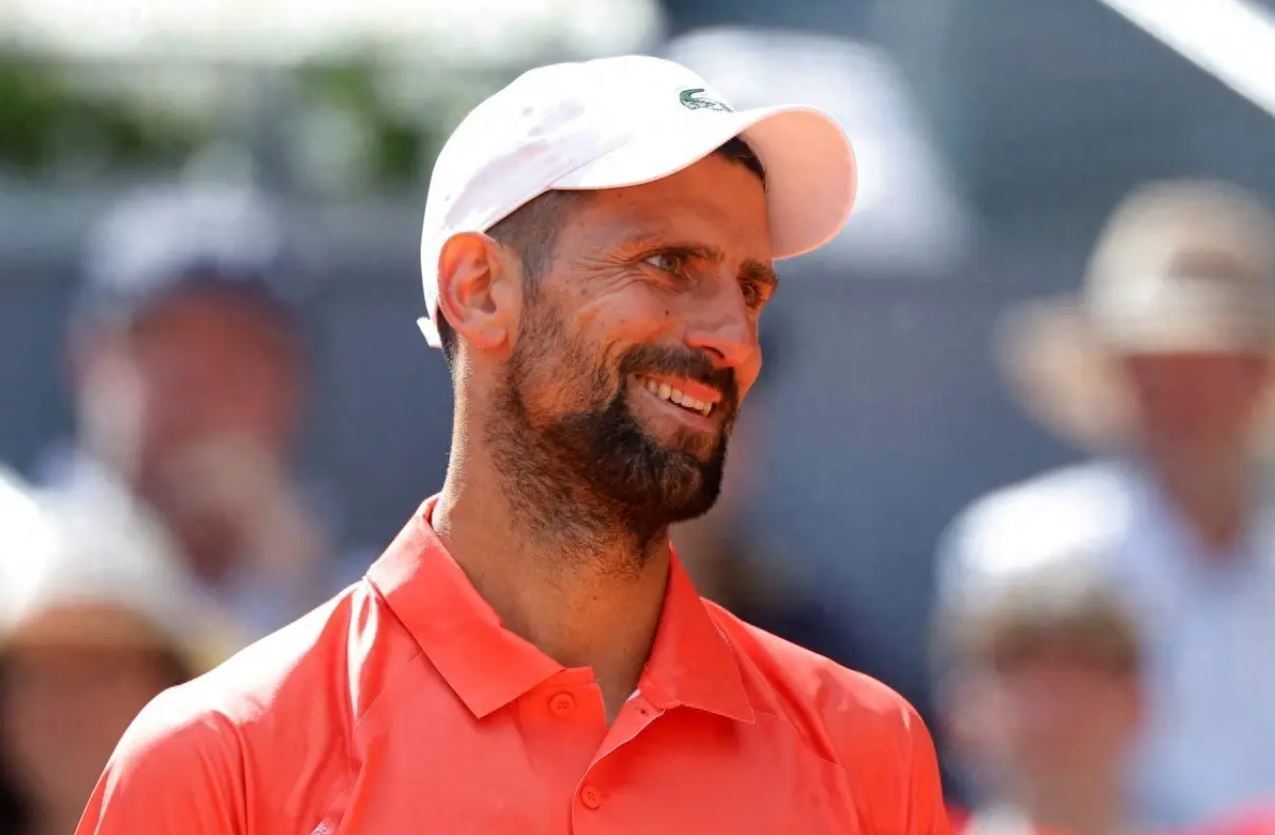
Thirty years after Seles' assassination, the evening breeze in the Port of Hamburg is still whimpering with the eternal question: How much blood does it take for event organizers to understand that safety is not a cost, but a bottom line? The crisis of confidence facing Rome today is a cruel confirmation of the cycle of history. When the AI monitoring system captured every falling catkins at the Paris Masters, the "classical beauty" that Italians are proud of became a fig leaf for conniving security breaches; While Madrid equips young players with micro-positioning chips, Roma shareholders are still debating whether to add protective nets. This time difference in collective perception is pushing the centennial event to the brink of a cliff.
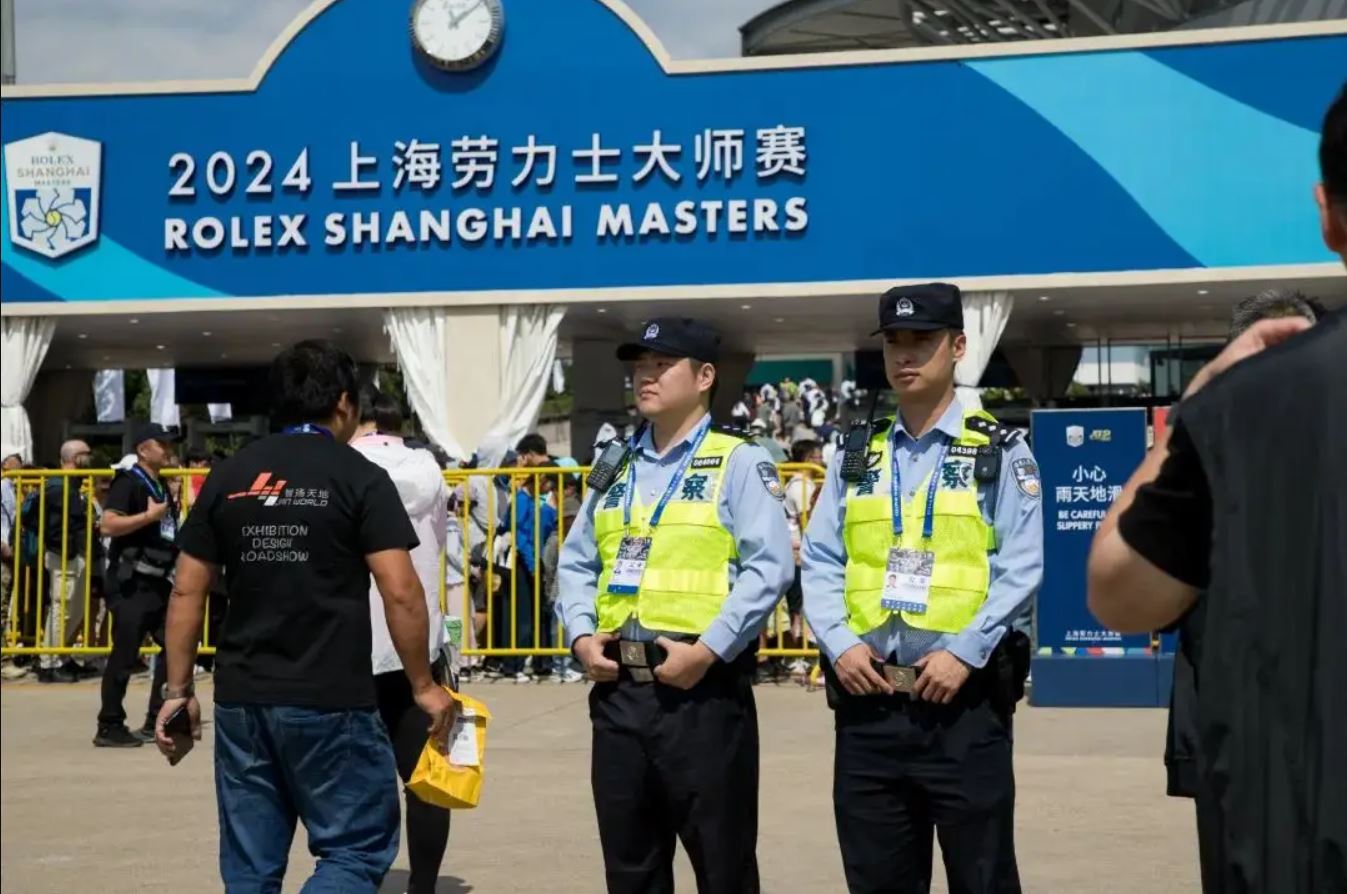
Deyo's withdrawal may not have destroyed Rome immediately, but the trust rift it has torn has spread like the water of the Trevi Trevi Fountain. When the top players start voting with their feet, when broadcasters add "safety damages" to their contracts, when sponsors ask for the implantation of emergency shelters, the clay festival that began in 1932 will finally see the truth in a paradox of self-dissolution: the value of a player's signature is always greater than the sum of all commercial contracts; And the trajectory of a plastic water bottle falling may mark the future coordinates of the event more clearly than all championship trophies.(Source: Tennis Home Author: Xiaodi)







 Links
Links
 Contact
Contact
 App
App


